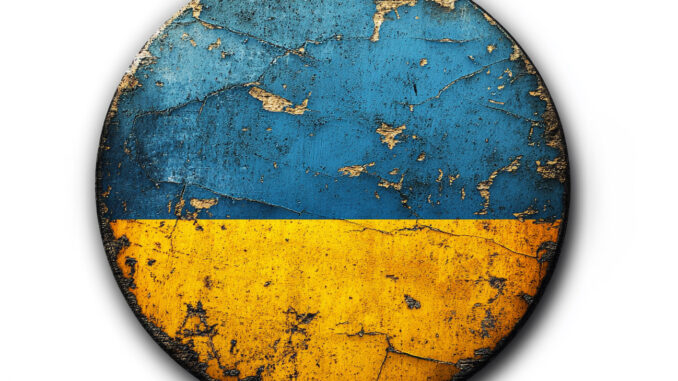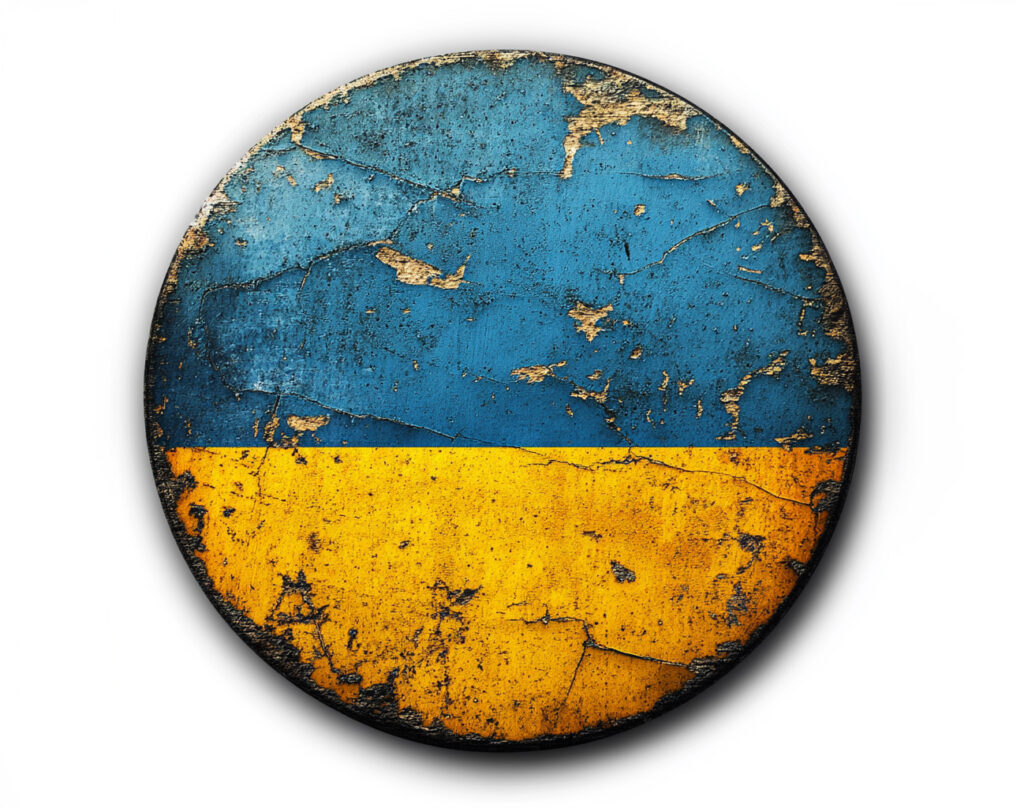
France is using €1.4 billion of frozen Russian assets to purchase priority military equipment for Ukraine.
France, in collaboration with the European Union, is mobilising €1.4 billion of frozen Russian assets to finance the purchase of military equipment for Ukraine. This initiative is part of the European Peace Facility (EPF) and aims to support Ukraine in its defence effort against the Russian invasion. In 2024, €300 million will be allocated to the purchase of munitions, artillery systems and air defence from French industry.
Use of Russian assets: strategic funding
The mobilisation of Russian assets by the European Union represents a major strategic measure to support Ukraine in the face of the Russian invasion. By freezing these assets and reallocating them to finance military equipment, the EU is implementing an unprecedented approach within the framework of the European Peace Facility (EPF). This extra-budgetary programme, created in March 2021, aims to strengthen the defence capabilities of EU Member States and their partners, such as Ukraine, while consolidating international peace and security.
The total amount mobilised, €1.4 billion, represents a significant sum for the purchase of munitions, artillery systems and air defence. France’s share of this project is particularly significant, with €300 million** earmarked for the rapid acquisition of equipment from French industry in 2024. This amount will be used to finance priority systems, such as the Caesar guns and ground-to-air missiles, to improve Ukraine’s defence capability against air and ground attacks.
Strengthening the French defence industry
This initiative also represents an economic opportunity for the French defence industry. By increasing the production rate to meet Ukraine’s urgent needs, France is strengthening its role as a supplier of high-quality military equipment. Industries such as Nexter, which produces the Caesar cannon, and MBDA, which specialises in missiles, are directly involved in this programme.
The allocated budget of €300 million in 2024 will not only support the Ukrainian war effort, but also stimulate domestic production. This ramp-up could generate new orders and boost the competitiveness of French companies on the international stage. It is estimated that the French arms industry could grow by 10-15% over the next few years as a result of these contracts and increased demand for sophisticated defence equipment.
Cooperation between the French government and the Direction Générale de l’Armement (DGA) is essential to ensure that these purchases are made quickly and efficiently. The challenge for the industry lies in the ability to increase production while maintaining high quality standards. Delivery times will also be crucial, as Ukraine needs regular supplies to continue to resist Russian attacks.

Geopolitical and security issues
Beyond the economic aspects, this mobilisation of Russian assets raises geopolitical questions. By reallocating frozen funds to support a nation under attack, the European Union is sending a strong message of solidarity to Ukraine, while at the same time stepping up the pressure on Russia. This approach not only weakens the Russian economy, which has already been affected by sanctions, but also limits its ability to finance its war effort.
The initiative is part of a wider ‘collective dynamic’ in which several NATO and EU Member States are providing military, economic and humanitarian aid to Ukraine. At the same time, measures are being taken to ensure that these funds are not misappropriated or misused. The controls carried out by EU agencies aim to ensure that every euro is spent transparently and effectively, maximising the impact of the funds mobilised.
From a security point of view, the equipment provided thanks to these funds will play a key role in the defence of Ukrainian territory. By strengthening its air and ground defence capabilities, Ukraine will be better able to repel Russian offensives and protect its population from bombing and missile attacks. The provision of high-tech equipment, such as long-range artillery systems and anti-aircraft missiles, is crucial to countering Russian military tactics.
Long-term consequences for international relations
The European Peace Facility programme and the mobilisation of Russian assets also represent an evolution in the way the European Union handles international conflicts. Until now, the EU has focused mainly on economic and diplomatic sanctions to exert pressure on authoritarian regimes. By using frozen funds to finance the military effort of a nation under attack, the Union is adopting a more proactive approach and showing its determination to act in the face of external aggression.
This change could have repercussions for future relations between the EU and Russia. Russia has already expressed its dissatisfaction with the sanctions and the seizure of its assets abroad. If this measure were to be reproduced on a larger scale or in other contexts, it could further deteriorate diplomatic relations between Moscow and European capitals.
However, this initiative could also inspire other nations to adopt similar measures in response to international crises. The principle of using frozen assets to support victims of aggression could become an important tool of international diplomacy, reinforcing the EU’s role as a central player in global peace and security.
Decisive support for Ukraine
The mobilisation of Russian assets by France and the EU to finance military equipment for Ukraine is a strategic initiative in both military and economic terms. By supporting the French defence industry while strengthening Ukraine’s defence capabilities, this measure contributes to European stability and sends a clear message of solidarity in the face of Russian aggression.
As the conflict in Ukraine drags on, the European Union and its Member States are demonstrating that they are prepared to take audacious measures to defend the sovereignty and security of their partners. This initiative could well mark a turning point in the way frozen assets are used for international security purposes, setting a precedent for future crises.
War Wings Daily is an independant magazine.